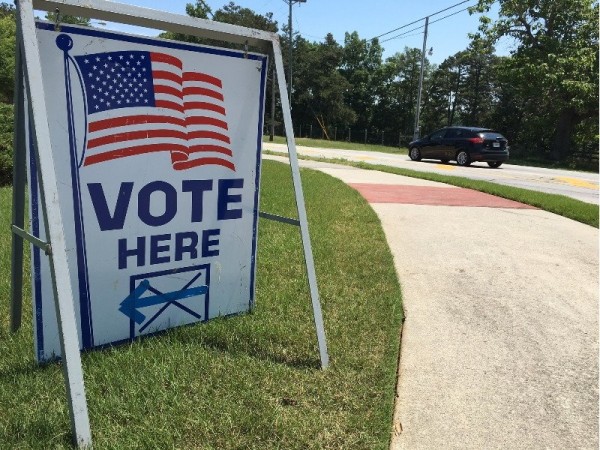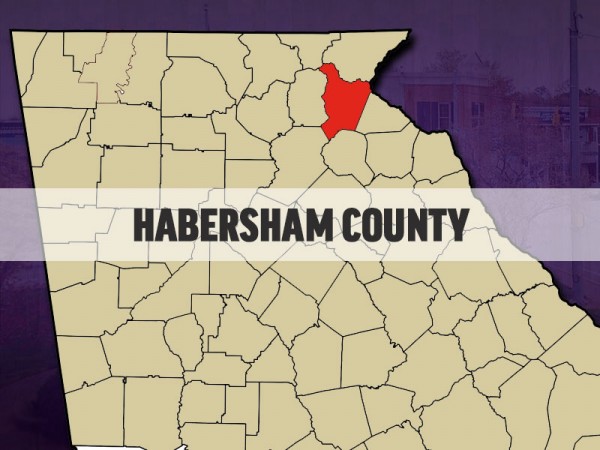ATLANTA (AP) -- In the final days of Georgia's legislative session, bills move quickly between chambers and in and out of conference committees as lawmakers work to ensure the final version contains everything they want.
It can be a challenge to keep track of all the changes, with lawmakers scanning printed copies of multiple versions of the same bill. This past session, however, members of the Georgia House had an advantage over their Senate counterparts thanks to an internal website designed by a state lawmaker that compares versions and highlights changes electronically.
"Sometimes on Day 39 of 40 we may be dealing with 40 or 50 bills, and some bills you are familiar with and others you are not," said state Rep. Mike Dudgeon, R-Johns Creek, who built the website. "This allows you to say this is the Senate version of Bill 123 and you can quickly see what the Senate amended and it makes it easier to decide if you have any problems with what you are about to vote on. It saves a ton of time."
The lawmakers' website is just one example of efforts nationally to use technology to streamline the legislative process and, in some cases, increase transparency. And state lawmakers from around the country recently shared best practices during a meeting in Atlanta of the National Conference of State Legislatures. And while efforts have been underway for years to reduce paper use both for environmental and cost-saving reasons, lawmakers continue to look for ways to utilize emerging technology to improve operations.
"I think we have to look at a lot of initiatives that other states are doing to use technology to bring the legislative process into the 21st Century," said House Speaker David Ralston.
Ralston said he has asked the new clerk of the House to research possible upgrades and praised the work done by Dudgeon to develop the internal website.
"Anything that helps us better understand and comprehend what a proposed change would do to a piece of legislation, I think is an improvement," said Ralston, R-Blue Ridge.
In Florida, the state House recently launched a free mobile app that allows users to look up lawmakers, read bills they sponsored and see how they voted. The Florida House app also includes the language of active bills and amendments, which are updated in real time. Users can also watch committee meetings and floor sessions live and save dates and times of committee meetings and other events to a personal calendar. Officials estimate printing costs have been nearly cut in half.
Florida state Rep. Matt Hudson, R-Naples, told fellow lawmakers that a major benefit is bringing state government closer to citizens in a state where the major population center is a few hundred miles from the Capitol. He said the app cost approximately $134,000 to develop and already has more than 4,200 users since it launched a few months ago.
"Forty percent of our state population lives closer to Cuba than they do Tallahassee," Hudson said. "And so the ability for people to be able to access information and to be able to have that transparency in government and bring their government to them, the amount we put into that is just a pittance compared to the true benefit to the citizens of the great state of Florida."
Meanwhile, major changes are underway at the Indiana Capitol as part of a $4 million upgrade of its information technology infrastructure. In addition, an iPad project is putting mobile devices in the hands of Indiana lawmakers in an effort that will decrease printing costs and dramatically increase transparency, said Indiana state Sen. Brandt Hershman, who also spoke at the lawmakers' meeting last week in Atlanta.
"We believe this is the kind of thing that will not only allow our legislators to be more efficient but will allow the general public to have a quicker, easier window to what we do on a given day," said Hershman, R-Buck Creek, who serves as majority floor leader.
He said the iPad project has prompted some adjustments, including the purchase of wireless-enabled printers and changing internal rules to allow for lawmakers to sign bills electronically, but significant cost savings are expected.
In Georgia, the General Assembly's public website already provides information on lawmakers, versions of bills, meeting calendars and video streaming of some committee meetings. Lists of how lawmakers voted are usually available within 24 hours.
Dudgeon, the lawmaker who developed the internal website, said there were minimal costs to launch it. He created the site during his own time, and a small amount of money was spent on hardware. He said the website helps lawmakers be more efficient and stay informed.
"It does do a public service because it allows you to know more about what you are voting for," he said. "It does help us be better stewards of our voting cards by making sure we are voting for things we believe in."
Tuesday
July 1st, 2025
2:04AM


_p3.jpg)














